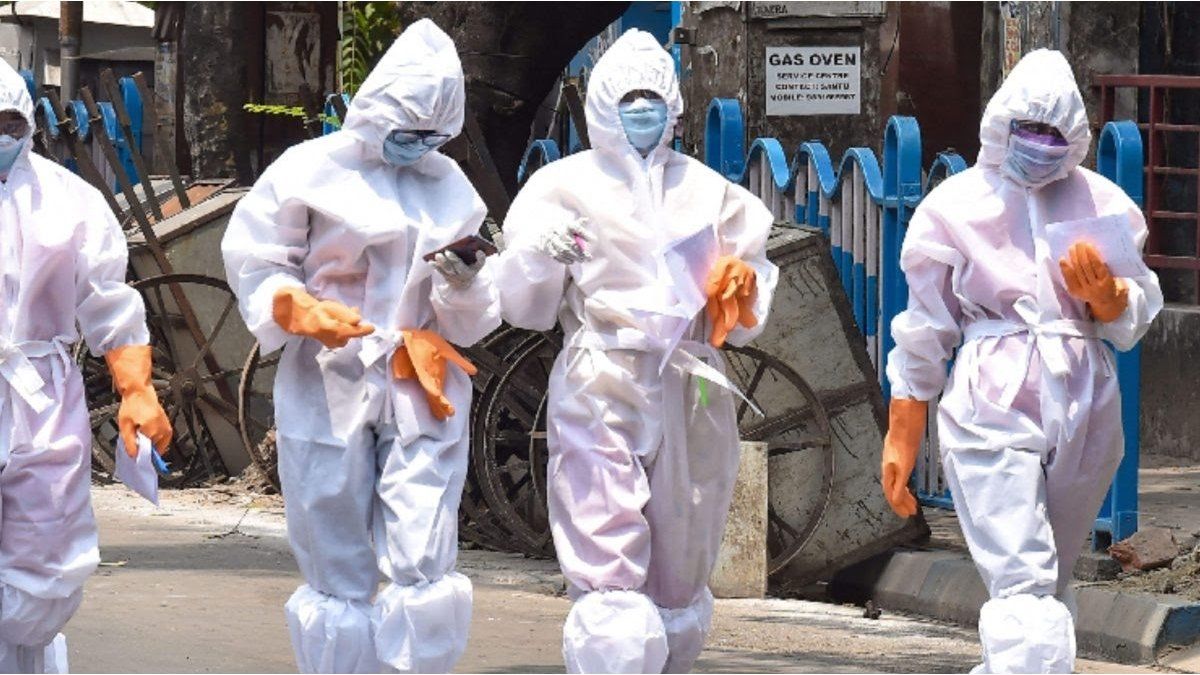He outbreak of a rare and deadly viruscalled Nipah, caused the closure of schools, offices and means of transport in southern India, with the aim of stop the spread that already caused two deaths and several hospitalized. The authorities, for their part, take measures to prevent the spread.
The Health Minister of Kerala State, Veena Georgeindicated that the experts are analyzing tests in humans and collecting fluid samples from bats and fruit treesthat it could be “carriers of the virus and the point of spread“.
He state also issued a series of recommendations for prevent contagionas well as a prevention plan in case of suffering symptoms from this virus, for which there is no vaccineand that so far caused the death of at least two people, the country’s health minister, Mansukh Mandaviya.
bat.jpg
What is Nipah virus?
This disease is considered a zoonotic virus, that is, it is transmitted mainly from animals to people, and sometimes also from person to person and through contaminated food. The first time it was identified was in 1998 during an outbreak among pig farmers in Malaysia and Singapore.
The fruit bats of the family Pteropodidae, in particular the species belonging to the genus Pteropus, are the natural hosts of the virusin which it apparently does not cause disease.
The India detected the first outbreak of this virus in June 2018when they registered 17 deaths in the affected districts Kozhikode and Mallapuram, in Kerala.
Most of the human infections were due to direct contact with sick pigs or their contaminated secretions. Transmission is believed to have occurred through respiratory droplets or of contact with nasopharyngeal secretions either fabrics of these sick animals. But also, the most likely source of the infection was the fruit consumption contaminated with urine or saliva from infected bats.
The initial symptoms are high fever, headache, respiratory complications and muscle pain, while, in a more advanced state, the disease can cause encephalitis.
Refering to virus transmissionone of the main ways is through the body fluids from an infected person towards another, like the saliva and the blood.
There is no preventive vaccineso doctors can only deal with symptomatic treatment, and mortality rate is up to 70%according to him Center for Disease Control and Prevention (CDC). The World Health Organization (WHO) included it on the list of priority diseases to investigate due to its epidemic potential, along with Ebola or Zika.
Source: Ambito




